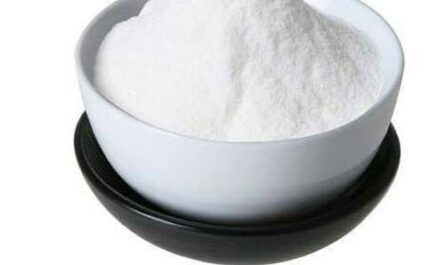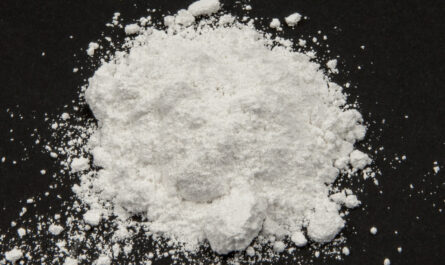Health Officials Sound Alarm on Widespread Cosmetic Ingredient
As concerns grow regarding the safety of chemicals in personal care products, New Zealand health officials are pushing for a ban on the preservative phenoxyethanol. Used globally in cosmetics, the synthetic preservative is facing increasing scrutiny from regulators and consumers alike.
Phenoxyethanol Under the Microscope
Phenoxyethanol has been used as a preservative in cosmetics and personal care products for decades due to its effectiveness and low cost. However, new research has raised questions about its potential health effects. Studies show phenoxyethanol is easily absorbed through the skin and may disrupt the endocrine system. The substance weakly mimics the female sex hormone estrogen once inside the body.
According to the National Poisons Centre, exposures to phenoxyethanol are among the most frequently reported incidents. Children are particularly vulnerable given their lower body weights. The European Commission has classified phenoxyethanol as toxic to reproduction, and several countries have imposed strict limits on its use in products like baby wipes and leave-on cosmetics.
In New Zealand phenoxyethanol market is currently permitted at a maximum concentration of 1% in rinse-off products like shampoo and at 0.5% in leave-on products like lotions. However, recent analysis by the Ministry of Health found the preservative was present at much higher levels than indicated on labels for numerous personal care items available locally. This led officials to conclude existing restrictions were not adequate to protect public health.
Calling for a Total Ban
At a press conference this month, the Director-General of Health loudly voiced her support for prohibiting phenoxyethanol in all products nationwide. “As the steward of public wellbeing, we cannot turn a blind eye to mounting evidence this preservative may pose reproductive and developmental risks, especially to young children,” said Ashley Bloomfield.
“International regulators are moving in the direction of restricting or banning phenoxyethanol. As a nation committed to sustainability and wellness, New Zealand should show leadership in choosing not to use chemicals of concern in everyday consumer goods,” Bloomfield continued. Her remarks indicated the Ministry will push for a ban through amendments to product safety standards over the coming year.
Industry Pushback Expected
The call to ban phenoxyethanol has been met with concerns from industry groups representing cosmetic manufacturers. The Personal Care Products Council of New Zealand argues alternative preservatives are either more expensive or less effective at preventing microbial growth. They claim a total prohibition could force some companies out of business and reduce product choice for consumers.
However, supporters counter that with modern formulation techniques, safer alternatives to phenoxyethanol are readily available. The Natural Products Association presented data showing numerous phenoxyethanol-free products on the market have passed stability tests. Consumer safety advocates say companies have had decades to find substitutes but instead relied on weak regulations and consumer ignorance to continue using the inexpensive preservative.
In Summary, with public opinion increasingly questioning the long-term health impacts of chemicals in personal care products, the Ministry of Health’s decision to push for prohibiting
New Zealand phenoxyethanol market in line with more precautionary regulators worldwide. It remains to be seen how long industry groups can delay what appears an inevitable ban, as concerns continue rising about this ubiquitous preservative.
*Note:
1. Source: Coherent Market Insights, Public sources, Desk research
2. We have leveraged AI tools to mine information and compile it



